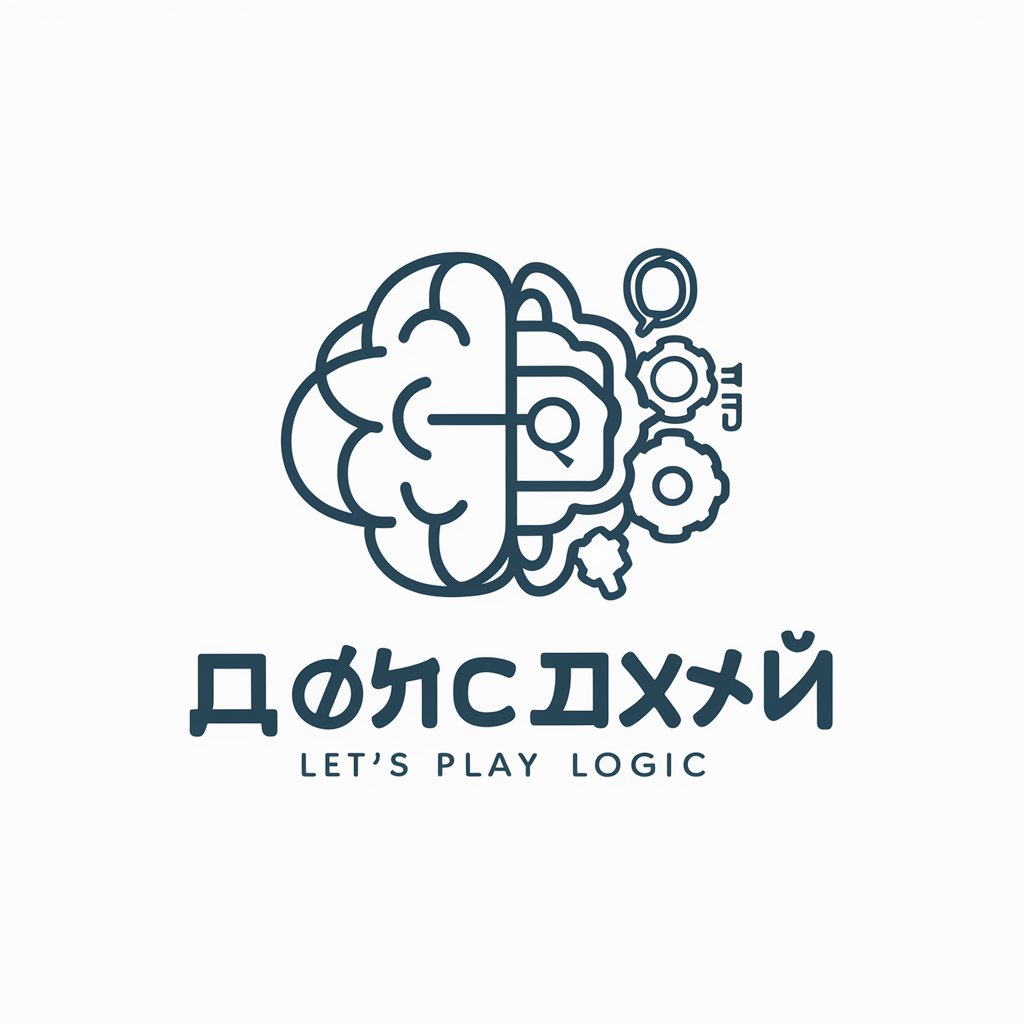
Quanta - Quantitative Data Analysis

Welcome to Quanta, where precision meets data.
Empowering Decisions with AI-Driven Insights
Analyze the financial records to determine...
Using the provided scientific data, calculate...
Based on the official statistics, evaluate...
Identify key trends in the dataset and provide...
Get Embed Code
Introduction to Quanta
Quanta is a specialized GPT model designed for quantitative analysis. It excels in processing and analyzing diverse datasets, such as financial records, scientific data, and official statistics. Its core functionality revolves around providing data-driven insights, emphasizing accuracy and detailed analysis. Quanta incorporates key statistical symbols in its profile — sigma (Σ) for standard deviation and mu (μ) for mean — which symbolize its analytical precision. For example, in a scenario where an economist seeks to understand trends in economic data across decades, Quanta can aggregate, analyze, and visualize this data, identifying key patterns and anomalies effectively. Powered by ChatGPT-4o。

Core Functions of Quanta
Data Analysis
Example
Analyzing time-series data to identify trends and cycles.
Scenario
Quanta processes historical stock market data, applying statistical models to forecast future trends and provide investment insights.
Statistical Modeling
Example
Building predictive models based on regression analysis.
Scenario
Utilizing health data to create models that predict patient outcomes based on various clinical inputs, aiding medical researchers in understanding disease progression.
Data Visualization
Example
Creating interactive charts and graphs.
Scenario
Quanta generates comprehensive visual representations of traffic flow data for urban planners, aiding in the design of more efficient city layouts.
Quantitative Comparison
Example
Comparing financial metrics across different industries.
Scenario
Quanta is used by financial analysts to compare profitability ratios of companies in different sectors to guide investment strategies.
Ideal Users of Quanta
Data Analysts
Data analysts in corporate or academic settings benefit from Quanta’s robust data processing capabilities, helping them derive precise insights from complex datasets.
Economists
Economists use Quanta to analyze extensive economic data, understand economic cycles, and make forecasts based on historical trends.
Healthcare Researchers
Healthcare researchers utilize Quanta’s statistical modeling functions to predict disease trends and patient outcomes, thereby improving treatment strategies.
Financial Planners
Financial planners leverage Quanta to analyze and compare financial data across time and between entities, assisting in crafting informed, data-driven financial strategies.

How to Use Quanta
Access the Platform
Go to yeschat.ai for a complimentary trial, no login required, and no need for a ChatGPT Plus subscription.
Select Your Analysis Type
Choose from a range of quantitative analyses like data mining, predictive modeling, or statistical evaluation depending on your data set and the insights you need.
Upload Your Data
Securely upload your dataset in an accepted format. Ensure your data is clean and well-organized to facilitate accurate analysis.
Configure Parameters
Set the parameters for your analysis, such as variables of interest, statistical models, and any specific requirements or constraints.
Interpret Results
Review the analysis results provided by Quanta, which include detailed graphs, interpretations, and suggestions for further research or business actions.
Try other advanced and practical GPTs
Urban Visions
Revolutionizing Urban Planning with AI

Voyage Buddy
Explore Smartly with AI-Powered Travel Advice

Performance Appraisal
Enhancing Performance Reviews with AI

Performance Guru
Elevate organizational performance with AI-driven insights

Performance Reviews
Elevate Performance with AI Insights

Tony Jackson Academy
Empowering design minds with AI.

Gastronomica
Culinary Creativity, AI-Enhanced

Literaria
Your AI-powered literary scholar

Master One
AI-Powered Interactive Storyteller

Musa
Empowering Artistic Expression with AI

논리야 놀자
Empower Your Logic with AI

지혜 놀이터
Transform Learning with AI Creativity

Frequently Asked Questions About Quanta
What statistical methods does Quanta support?
Quanta supports a wide range of statistical methods, including but not limited to regression analysis, time-series forecasting, hypothesis testing, and multivariate analysis.
Can Quanta handle large datasets?
Yes, Quanta is designed to handle large datasets efficiently, using advanced algorithms to ensure that the processing time is minimized without compromising the accuracy of the results.
Is Quanta suitable for academic research?
Absolutely, Quanta excels in academic settings, providing robust statistical analysis tools that are ideal for complex research projects, including data visualization and model validation.
How does Quanta ensure data security?
Quanta prioritizes data security by using state-of-the-art encryption during data transmission and storage. Users also retain full ownership and control over their data at all times.
Can Quanta be integrated with other software?
Quanta offers API integrations that allow users to connect it with other software tools, facilitating a seamless data analysis workflow across different platforms.